Quality Assurance Manager
Role Overview: The Quality Assurance (QA) Manager is responsible for ensuring that the products meet the required quality standards and regulations. This role involves developing, implementing, and monitoring quality assurance processes and protocols throughout the production cycle.
Key Responsibilities:
- Quality Control Processes:
- Develop and implement quality control procedures to ensure products meet specifications.
- Conduct regular inspections and audits of production processes.
- Team Management:
- Lead and mentor the QA team, ensuring they are trained on best practices and standards.
- Assign responsibilities and oversee daily QA operations.
- Data Analysis:
- Analyze quality data to identify trends, issues, and areas for improvement.
- Prepare reports on quality metrics for upper management.
- Regulatory Compliance:
- Ensure compliance with industry standards and regulations (e.g., ISO, ASTM).
- Stay updated on changes in regulations and standards affecting the industry.
- Root Cause Analysis:
- Investigate product defects and failures to determine root causes.
- Develop and implement corrective actions to prevent recurrence.
- Collaboration:
- Work closely with production, engineering, and supply chain teams to ensure quality at every stage.
- Collaborate with R&D on product development to embed quality from the outset.
- Customer Feedback:
- Address customer complaints and feedback related to product quality.
- Implement improvements based on customer insights.
- Continuous Improvement:
- Promote a culture of continuous improvement within the organization.
- Initiate quality improvement projects and track their progress.
Skills and Qualifications:
- Educational Background: Bachelor’s degree in engineering, quality management, or a related field; certifications (e.g., Six Sigma, ASQ) are a plus.
- Experience: 5+ years in quality assurance within a manufacturing environment, with experience in leadership roles.
- Analytical Skills: Strong analytical and problem-solving abilities to assess quality data and make informed decisions.
- Attention to Detail: Meticulous attention to detail and a commitment to maintaining high quality standards.
- Communication Skills: Excellent verbal and written communication skills to convey quality standards and collaborate with various departments.
- Technical Proficiency: Familiarity with quality management systems (QMS) and tools (e.g., SPC, FMEA).
Key Performance Indicators (KPIs):
- Product defect rates
- Compliance audit results
- Customer satisfaction scores
- Time taken to resolve quality issues
- Implementation of corrective actions
Application ends on
December 31, 2024









